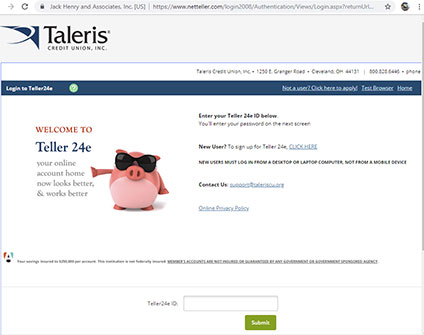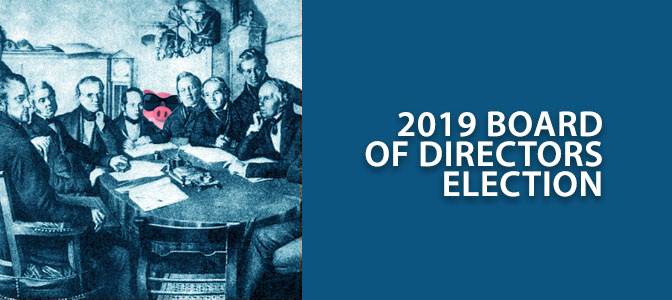A common technique among internet and email scammers is to take advantage of public concerns and fears. Today, that means scammers are capitalizing on the fear surrounding the emergence of the coronavirus (COVID-19), from health and safety concerns to apprehension around financial market impacts. Here’s three tips on how to avoid these scams.
1. Beware of bogus products and investments
As scammers prey on coronavirus fears, there’s been an uptick in the sale of bogus products like masks, immune system boosters, and sanitizers. If you can’t find hand sanitizer locally, it’s unlikely that a random source on the internet would have an unlimited supply for sale. When an offer sounds too good to be true, verify product credibility through research. Also, be wary of “investment opportunities” related to the coronavirus. The U.S. Securities and Exchange Commission warns people about online promotions, including through social media, claiming the products or services of publicly traded companies can prevent, detect, or cure coronavirus.
2. Know your charities
Scammers also are soliciting for bogus charities. They know if they tug on our heartstrings, our wallets will usually open. The scams often appear to help people locally or assist specific groups you support. Before you contribute, research new charities thoroughly. Check with the Better Business Bureau for complaints, or one of the online sites that track charities such as GuideStar, CharityNavigator, or CharityWatch.
3. Watch out for phishing
Phishing emails aim to steal consumers’ money and personal information. Warn members to never click on an embedded link in an unsolicited email. It may download malware onto your computer. Advise members install antivirus software on their computers, and that this software is up to date. They should also be suspicious of emails claiming to be from the Centers for Disease Control and Prevention (CDC) or “experts” saying they have new, critical information about the virus. For up-to-date information, direct members to the CDC and World Health Organization websites. Report suspicious claims to the Federal Trade Commission at ftc.gov/complaint.








Recent Comments